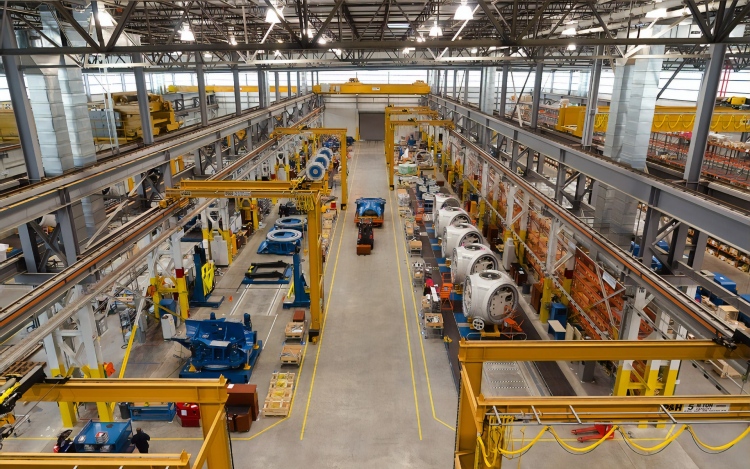Business process automation has become a key pillar of modern business. Every company that is able to utilize it in their design, production, paperwork, or any other field does so without hesitation. That is because automation comes with some remarkable benefits. With the right application, it’s possible to reduce menial tasks to the press of a button. Here are a few of the great benefits of business process automation.
1. Better governance and reliability
What sets automated processes apart from manual work is the fact that it’s more reliable. A machine or program that is given exact instructions will follow them exactly, no matter how long it operates. As a result, you are more likely to receive products and results at a consistent and reliable rate.
This gives you more governance over your operation and production, which is a good enough benefit on its own, but there’s more! If clients can rely on your company to continue production at a predictable rate, they are more likely to do business with you.
2. Reduced overhead costs
The cost of labour is something that’s difficult to disregard in modern business. When you’re aiming for quality production, you’ll want to invest in skilled professionals. This often incurs a high cost, and business leaders are aware of it. Switching from manual to automation can save you significant sums of money, no matter what industry you work in.
It’s worth noting that production quality can even increase when you introduce automation. In the case of manual work, an error is something you always have to factor in, and it tends to be a significant factor. With automation, you can minimize the risk of error and improve on your products and services significantly.
3. More efficient processes
One of the greatest benefits of business process automation is the most obvious one—increased process efficiency. With the help of machinery and programs, it’s possible to create a seamless workplace process that can work more efficiently than manual labour. In some cases, it’s the only option for a particular task, which makes it that much more important.
Take conveyor systems for example. Transporting a large amount of material across a warehouse or work site isn’t efficient when done manually. Using a conveyor system is much easier, and it can work around the clock. With the right conveyor plough and a strong belt, you don’t even have to worry about frequent maintenance. It’s a mostly self-sufficient system that can run for hours, whereas transporting materials via forklift or by hand would take time and require frequent breaks for personnel.
4. Increased productivity
People often think of business process automation as a factor in reducing the amount of work in the industry. While this may be true to an extent, it’s important to remember what kind of work is being automated. It’s mostly the menial and cumbersome tasks that are delegated to machinery and programs, while the more skill-dependent ones are completed by trained personnel.
Getting rid of repetitive tasks allows for better productivity in the workplace. Employees can focus on more challenging tasks while automation handles the less engaging variety. As a result, those with talent are better able to focus their energy on important projects instead of dealing with menial tasks.
Conclusion
Business process automation provides companies with the tools they need to improve the efficiency and reliability of various processes while also keeping costs as low as possible. With the right machinery or programming, various tasks can be handled without the need for manual work. Knowing when and where to apply automation can help businesses get ahead of the competition and cut costs dramatically.




